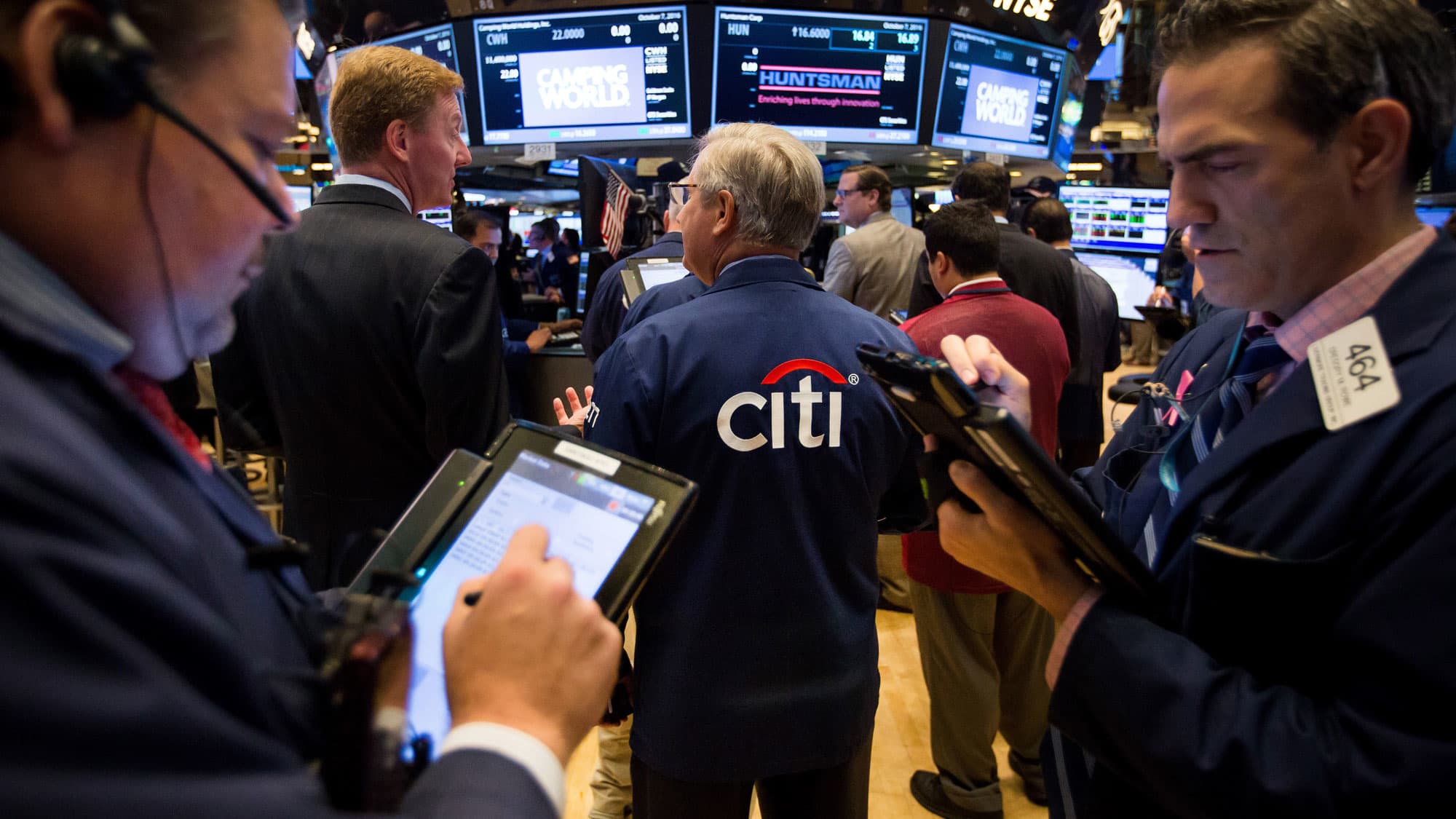
Are U.S. stocks headed for a rude awakening?
Citi Research downgraded U.S. equities to neutral in a Wednesday note, warning that an uptick in interest rates to 2% on the 10-year Treasury yield could threaten the tech-heavy domestic market.
Though high-valuation names should see “heavy scrutiny” in a rising-rate environment, this shouldn’t encourage investors to ditch growth altogether, MKM Partners’ JC O’Hara told CNBC’s “Trading Nation” on Wednesday.
“Let’s stick with growth at a reasonable price,” the firm’s chief market technician said, pointing to a chart of the Invesco S&P 500 GARP ETF (SPGP). The ETF tracks an index of companies scoring highly on certain growth, value and quality metrics.
Not only is SPGP making new highs, but its long-term relative performance has been impressive, O’Hara said.
“Growth at a reasonable price can outperform regardless of the interest rate structures, regardless of yield curve movement,” he said. “It’s very important to have ‘growth at a reasonable price’ names part of your portfolio.”
Health care could also provide a solid hedge against interest rate risk, O’Hara said.
“If you’re looking at what sectors will benefit from rising rates or declining rates, you run a sensitivity analysis on the health care sector and you find there’s very little correlation between health care price movement and interest rates,” he said.
“If you want to remove that interest rate risk from your portfolio, look at health care, specifically medical devices,” O’Hara said, referencing the iShares U.S. Medical Devices ETF (IHI). “That’s our favorite area within the health care space.”
With $5 trillion of excess savings in consumers’ pockets, cash-flushed company balance sheets, potential government spending in the pipeline and a Fed still hesitant to taper its bond purchases, it may be right to expect higher rates, Federated Hermes’ Steve Chiavarone said in the same “Trading Nation” interview.
“I don’t think that’s bad for U.S. stocks, though,” said Chiavarone, a portfolio manager, equity strategist and vice president at his firm. “I do agree that that’s a headwind for tech, but I think it’s a very good environment for cyclicals.”
“We like financials and industrials and materials and small cap and yes, international stocks in that environment,” he said. “But I think the overall equity index will have every ability to move higher in that pro-cyclical, higher inflationary environment just like it did last September through April.”
The 10-year yield fell as low as 1.14% on Wednesday before settling just below 1.2% following weaker-than-expected jobs data.




